Matrices BCA Notes
Matrices BCA Notes : This article contains BCA Mathematics 1st Subject Unit 1 Matrices BCA Notes. this is very helpful for BCA students. please share this article with your all friends and all groups. and all notes are available in this website.
Know more about Matrices BCA :-
A Bachelor’s in Computer Applications (BCA) is an undergraduate program that provides students with a comprehensive understanding of computer science, software development, and information technology. It is designed to equip students with theoretical knowledge and practical skills necessary to pursue careers in various domains of computing and IT industries. In this essay, we will explore the structure of a BCA program, its curriculum, career prospects, and the relevance of BCA in today’s digital age.(Matrices BCA Notes)
Introduction to Bachelor’s in Computer Applications (BCA)
A Bachelor’s in Computer Applications (BCA) is a three-year undergraduate program that focuses on developing a strong foundation in computer science, programming languages, software development, database management, and information technology. It is an ideal choice for students interested in pursuing careers in software development, web development, system administration, database management, and other IT-related fields.(Matrices BCA Notes)
Structure of BCA Program
The structure of a BCA program typically includes core courses, electives, practical sessions, projects, and internships. The program is designed to provide students with a balanced mix of theoretical knowledge and practical skills relevant to the IT industry. Here’s an overview of the typical structure:
- Core Courses: These courses cover fundamental topics in computer science and IT, including computer programming, data structures, algorithms, computer networks, operating systems, software engineering, and database management systems (DBMS).
- Elective Courses: Students may have the option to choose elective courses based on their interests and career goals. Elective topics may include artificial intelligence, machine learning, cybersecurity, web technologies, mobile application development, cloud computing, etc.
- Practical Sessions: Practical sessions are an integral part of the BCA curriculum, where students apply theoretical concepts in real-world scenarios. This includes programming labs, database labs, software development projects, and workshops on emerging technologies.
- Projects: BCA programs often include individual and group projects that allow students to demonstrate their technical skills and problem-solving abilities. Projects may involve developing software applications, websites, databases, or conducting research in specific areas of computer science.
- Internships: Many BCA programs require students to complete internships or industrial training programs with IT companies or organizations. Internships provide hands-on experience, exposure to industry practices, and networking opportunities.(Matrices BCA Notes)
Curriculum of BCA Program
The curriculum of a BCA program is designed to cover a wide range of topics relevant to computer applications and IT. While specific courses may vary between institutions, a typical BCA curriculum includes:
- Foundation Courses: Introduction to computer science, programming principles, mathematics for computing, and basics of information technology.
- Core Courses: Computer programming (typically using languages like C, C++, Java), data structures and algorithms, computer organization and architecture, operating systems, software engineering principles, and principles of management.
- Database Management: Introduction to database systems, relational database management systems (RDBMS), SQL programming, database design, and administration.
- Web Technologies: Web programming languages (HTML, CSS, JavaScript), server-side scripting (PHP, Python, ASP.NET), web frameworks (like Django, Flask), and web development tools.
- Networking and Security: Basics of computer networks, network protocols, network security principles, cryptography, and cybersecurity fundamentals.
- Software Development: Software development methodologies (Agile, Scrum), software testing and quality assurance, version control systems (like Git), and software project management.
- Emerging Technologies: Introduction to artificial intelligence (AI), machine learning (ML), data science, cloud computing, Internet of Things (IoT), and blockchain technology.
- Electives: Optional courses in specialized areas such as mobile application development, e-commerce technologies, digital marketing, game development, etc.
Career Prospects for BCA Graduates
Graduates with a BCA degree have diverse career opportunities across various sectors:
- Software Development: Roles include software developer, programmer, application developer, full-stack developer, backend developer, frontend developer, and software engineer.
- Web Development: Opportunities in web development, including web designer, web developer, UI/UX designer, front-end developer, and back-end developer.
- Database Administration: Careers in database management and administration, database developer, database architect, data analyst, and data scientist.
- System Administration: Roles in system administration, network administration, IT support specialist, system analyst, and IT infrastructure management.
- IT Consulting: Opportunities in IT consulting firms, providing services in software development, system integration, project management, and technology advisory.
- E-commerce and Digital Marketing: Careers in e-commerce platforms, digital marketing agencies, online retail, social media marketing, and digital content creation.
- Cybersecurity: Roles in cybersecurity analyst, cybersecurity consultant, ethical hacker, penetration tester, and cybersecurity architect.
- Emerging Technologies: Jobs in AI/ML development, IoT solutions, cloud computing services, blockchain development, and data science.
Relevance of BCA in Today’s Digital Age
BCA remains highly relevant in today’s digital age due to several factors:
- Increasing Demand for IT Professionals: The global demand for skilled IT professionals continues to grow, driven by digital transformation initiatives across industries.
- Technology Advancements: Rapid advancements in technology, such as AI, ML, IoT, cloud computing, and big data, create new opportunities for BCA graduates to innovate and develop cutting-edge solutions.
- Digital Economy: The shift towards a digital economy has led to increased reliance on IT infrastructure, software applications, and digital platforms, driving demand for skilled IT professionals.
- Cross-Industry Applications: IT skills acquired through a BCA program are applicable across various industries, including healthcare, finance, education, manufacturing, entertainment, and government sectors.
- Entrepreneurship Opportunities: BCA graduates have the knowledge and skills to start their ventures, develop software products, provide IT services, or launch tech startups.
- Continuous Learning and Adaptation: The dynamic nature of technology requires IT professionals to continuously update their skills, making BCA graduates adaptable to evolving industry trends.
Matrices BCA Notes




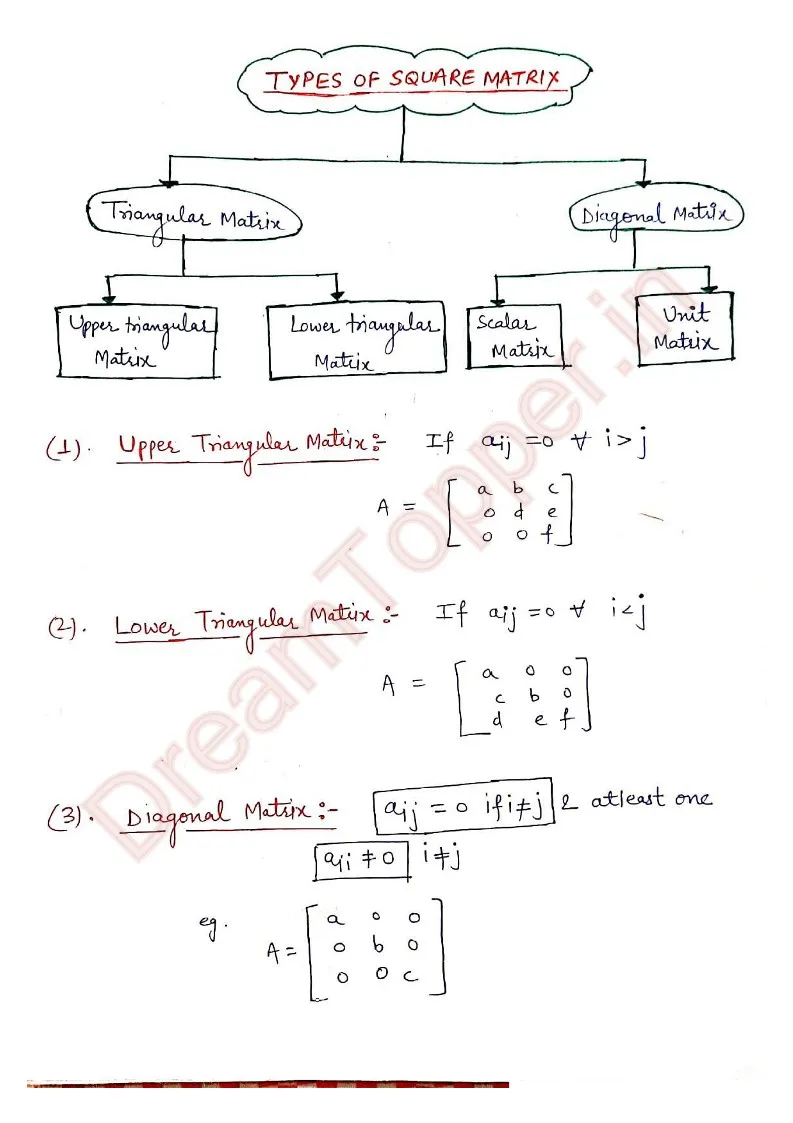















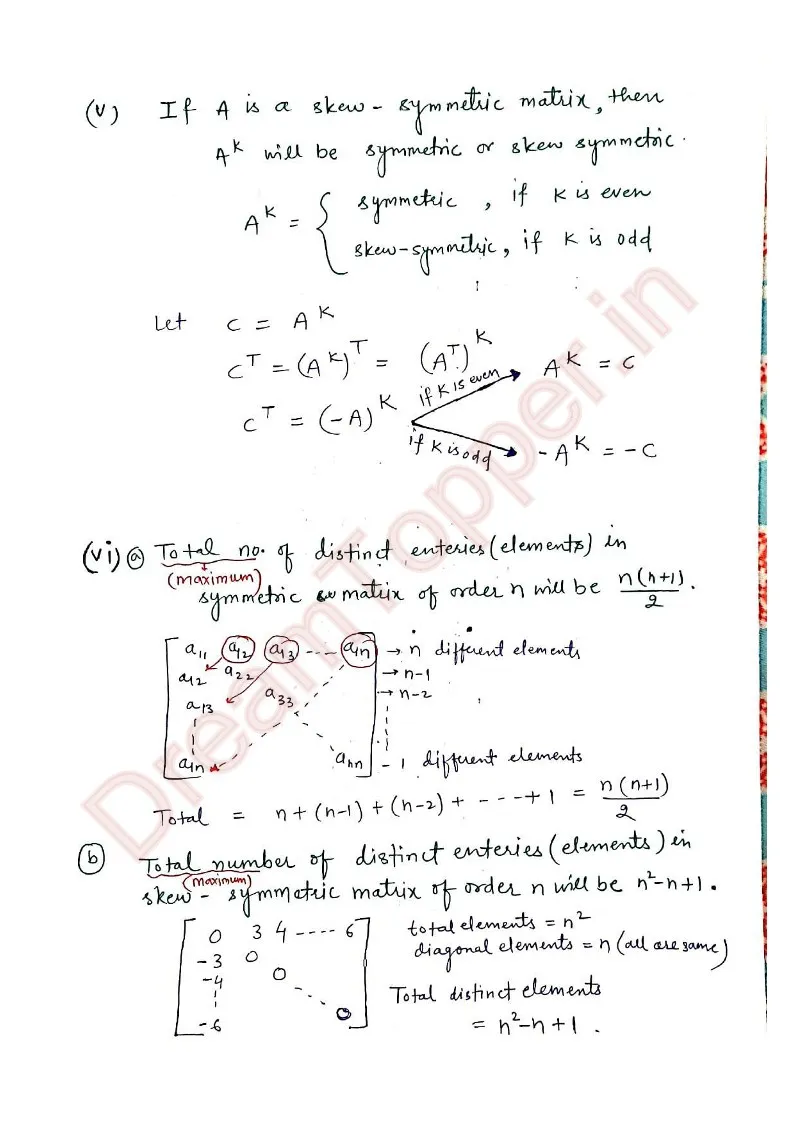
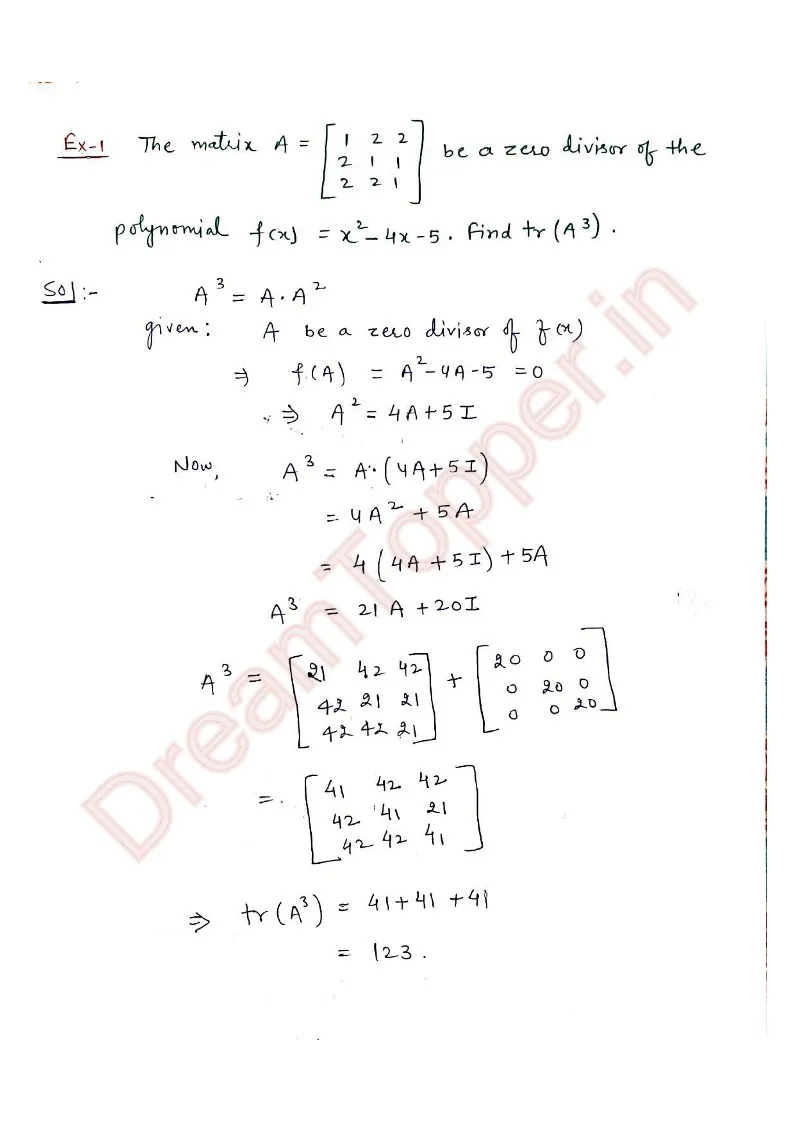
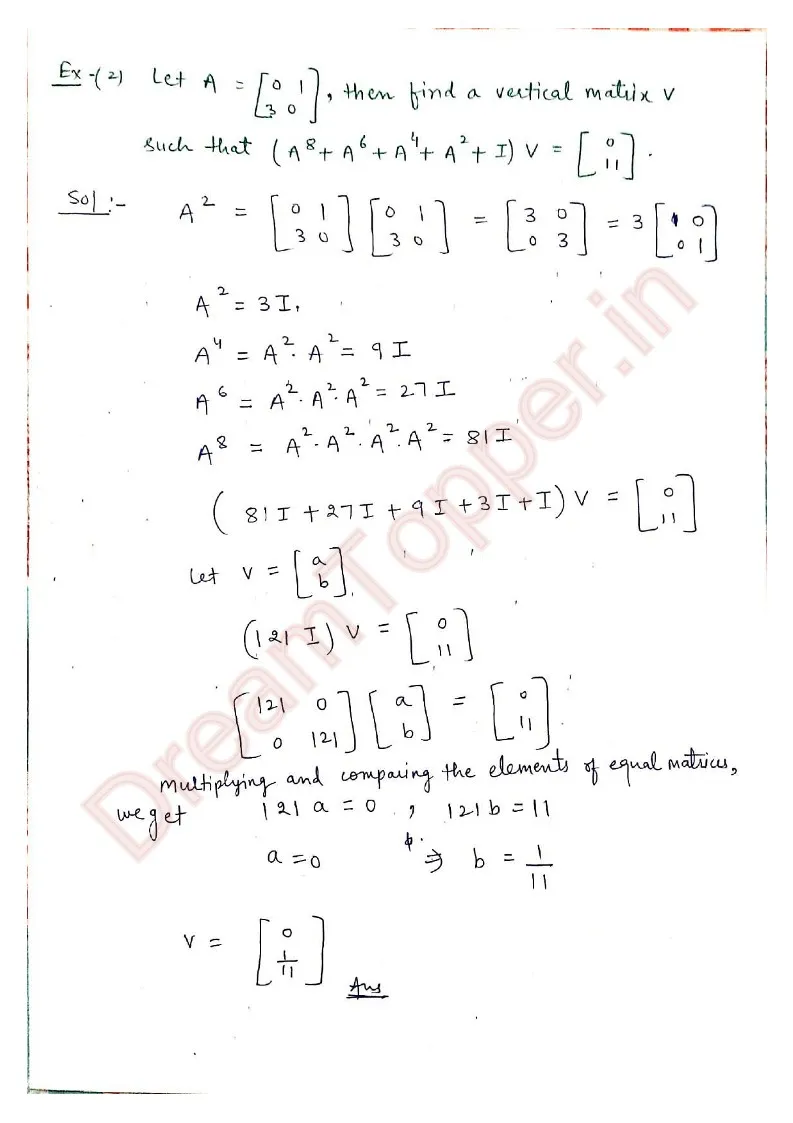
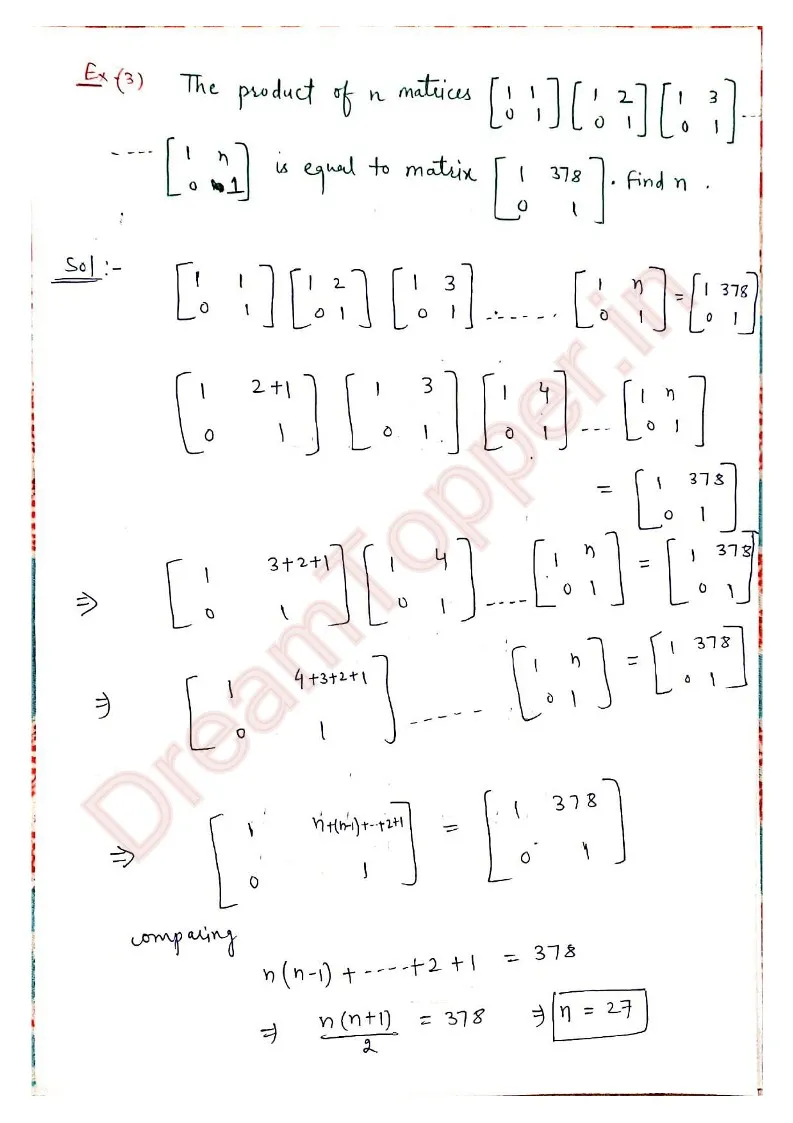
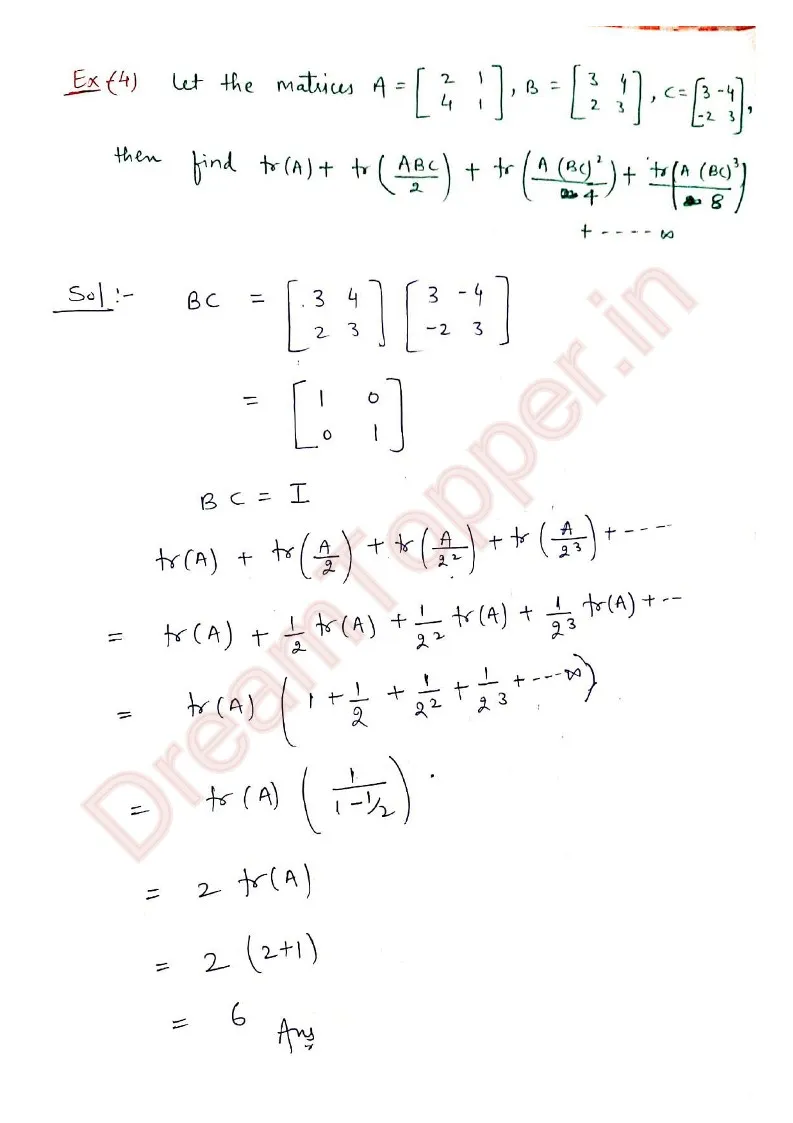


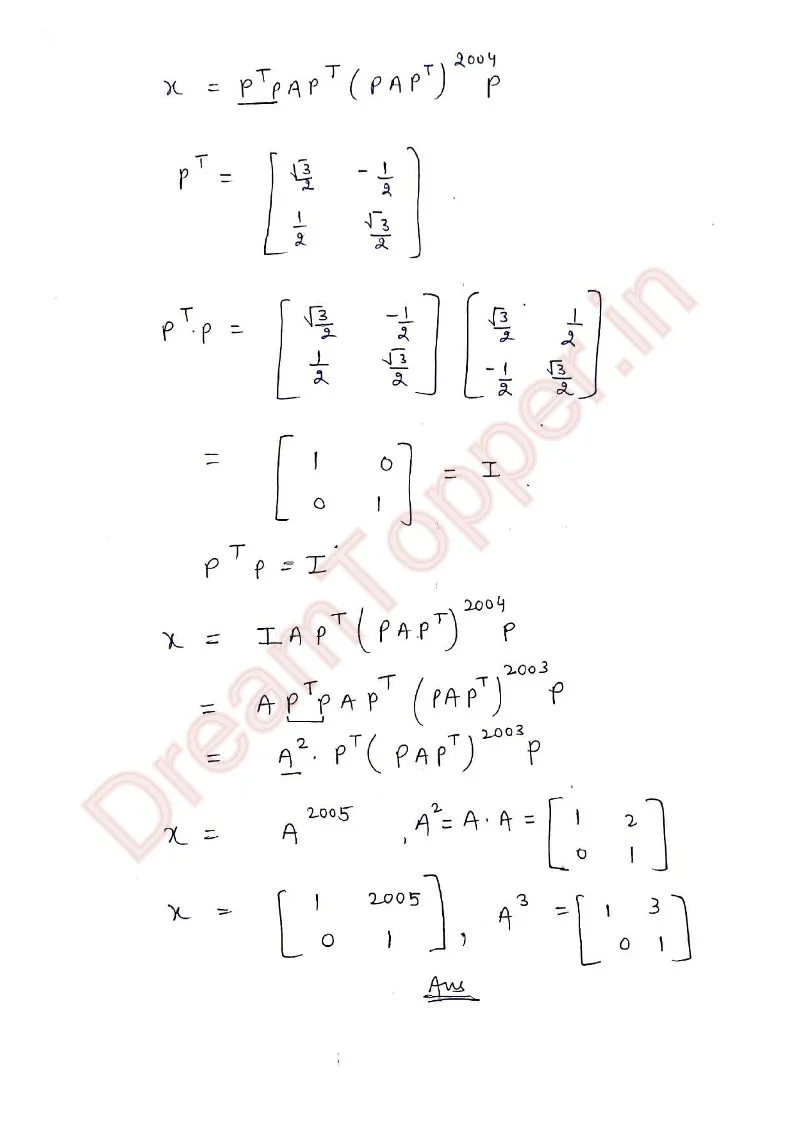

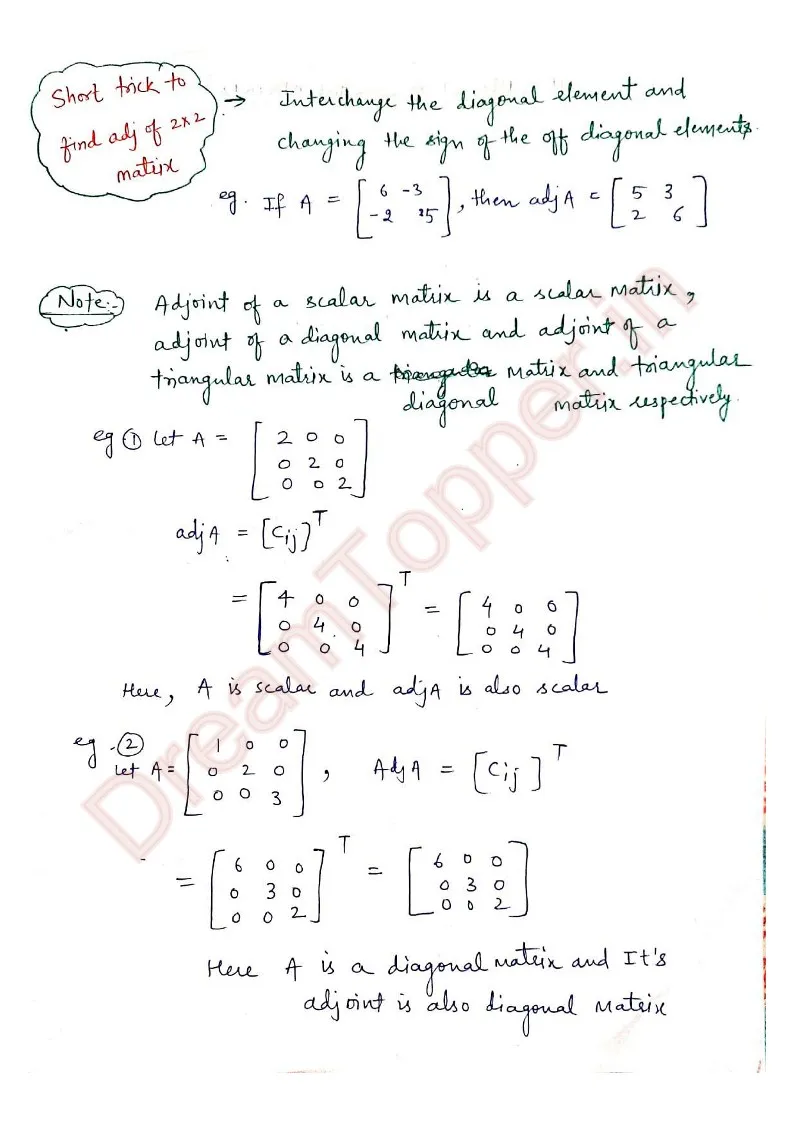

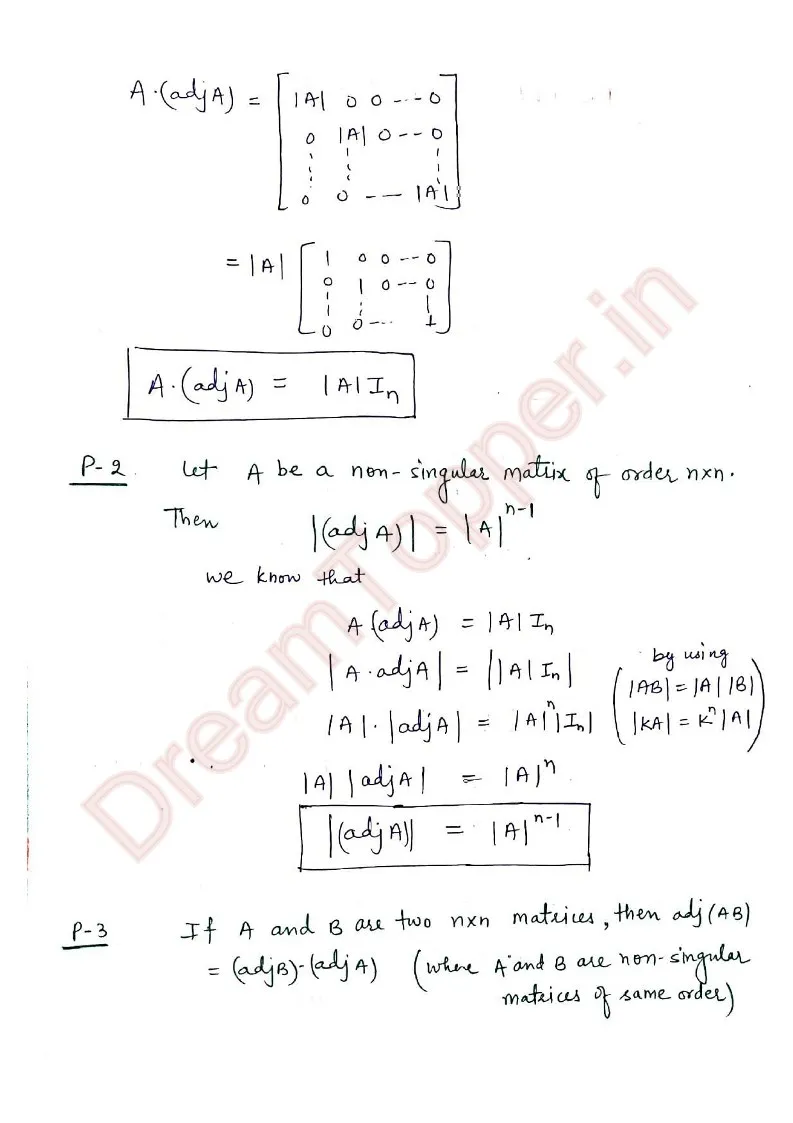
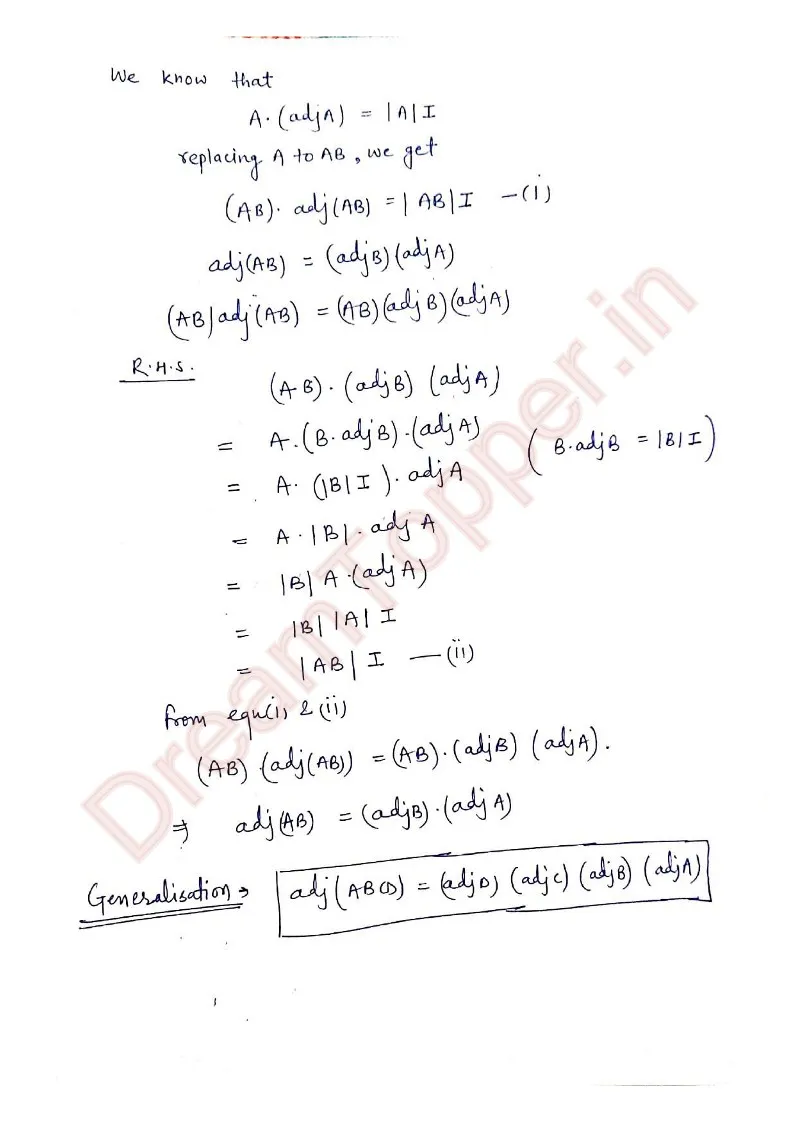
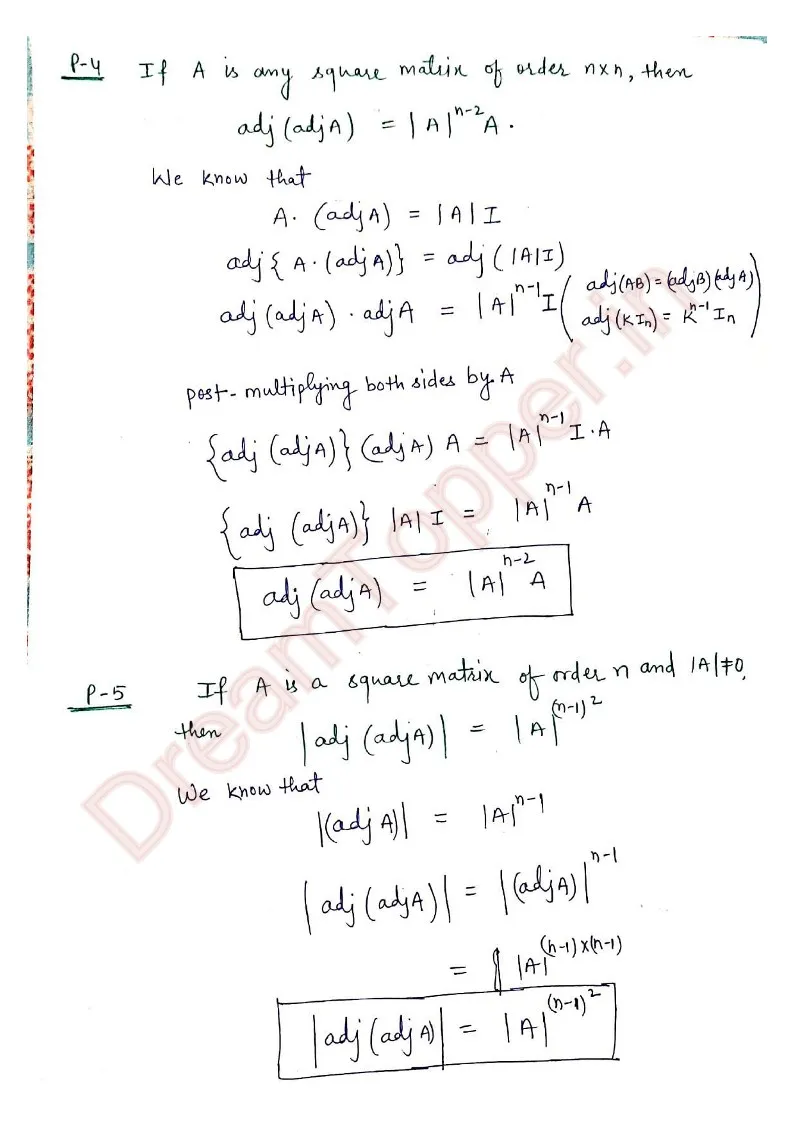





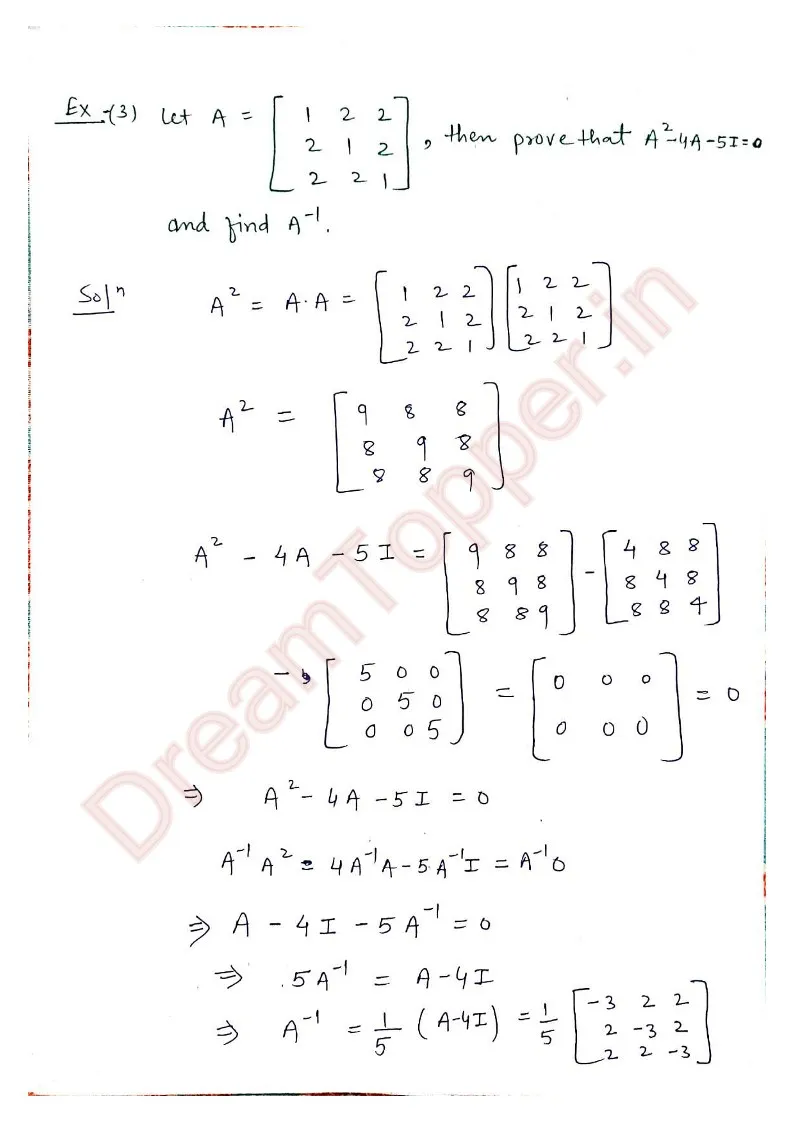
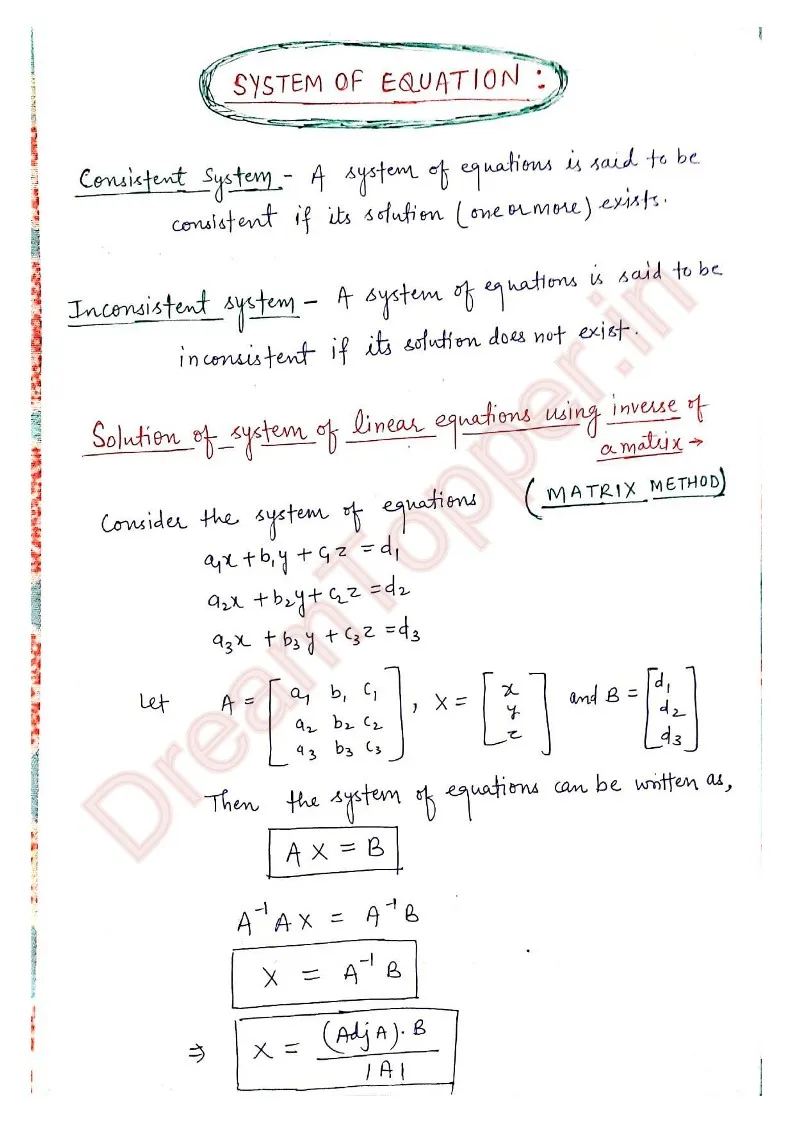
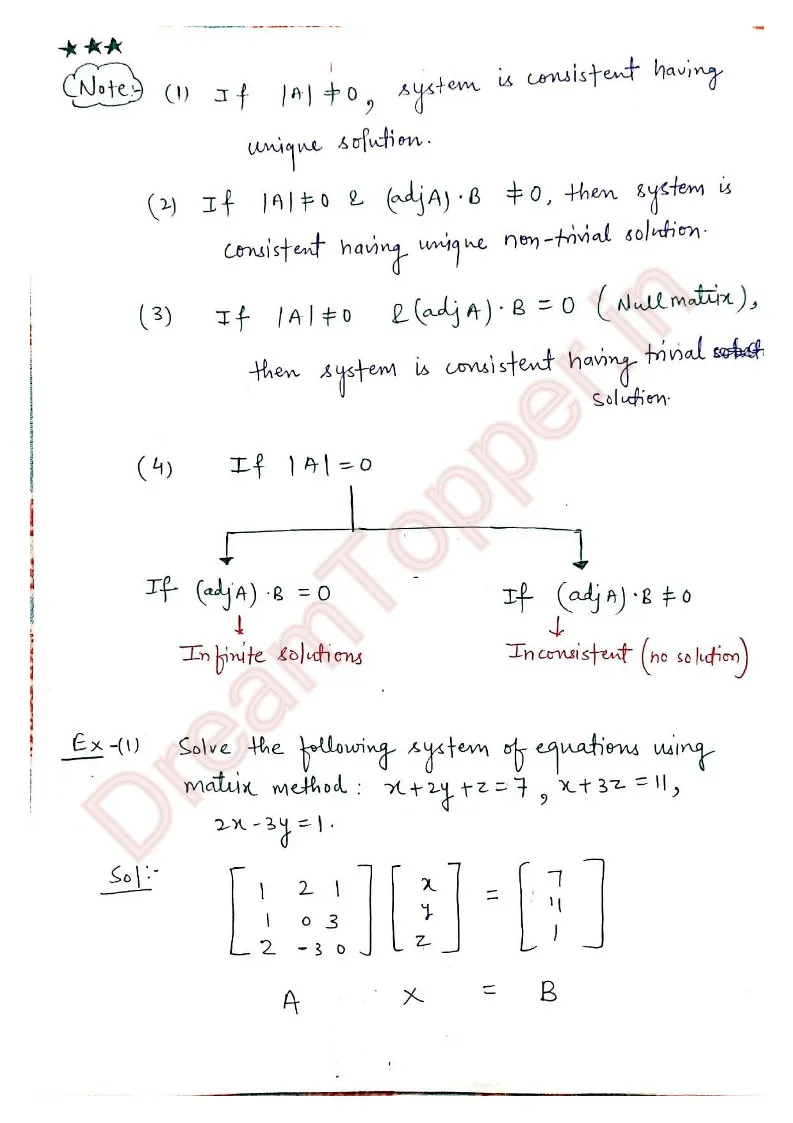
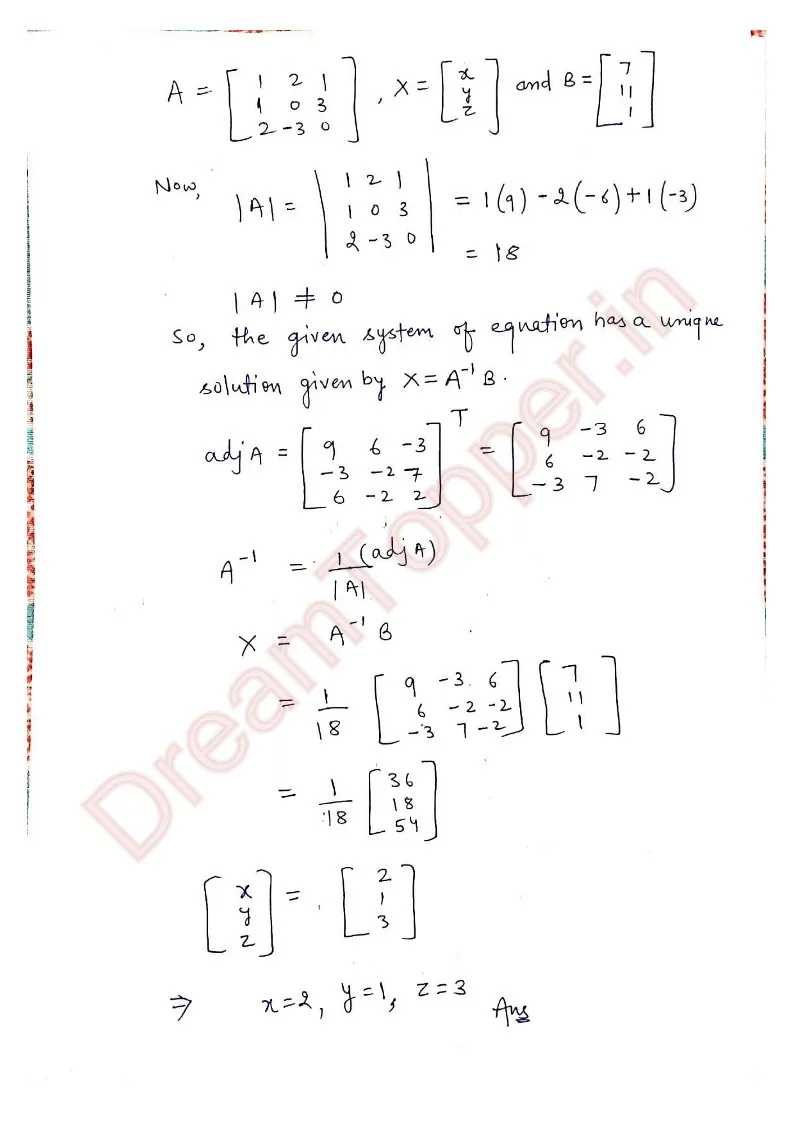
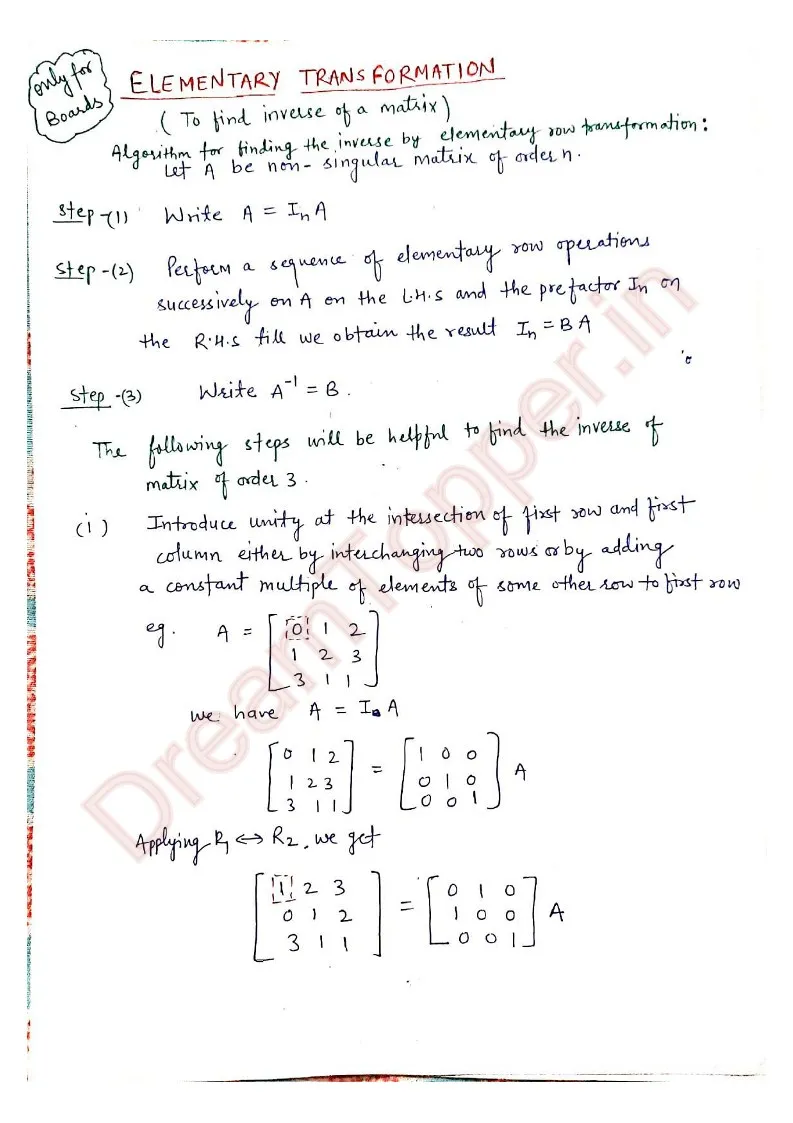
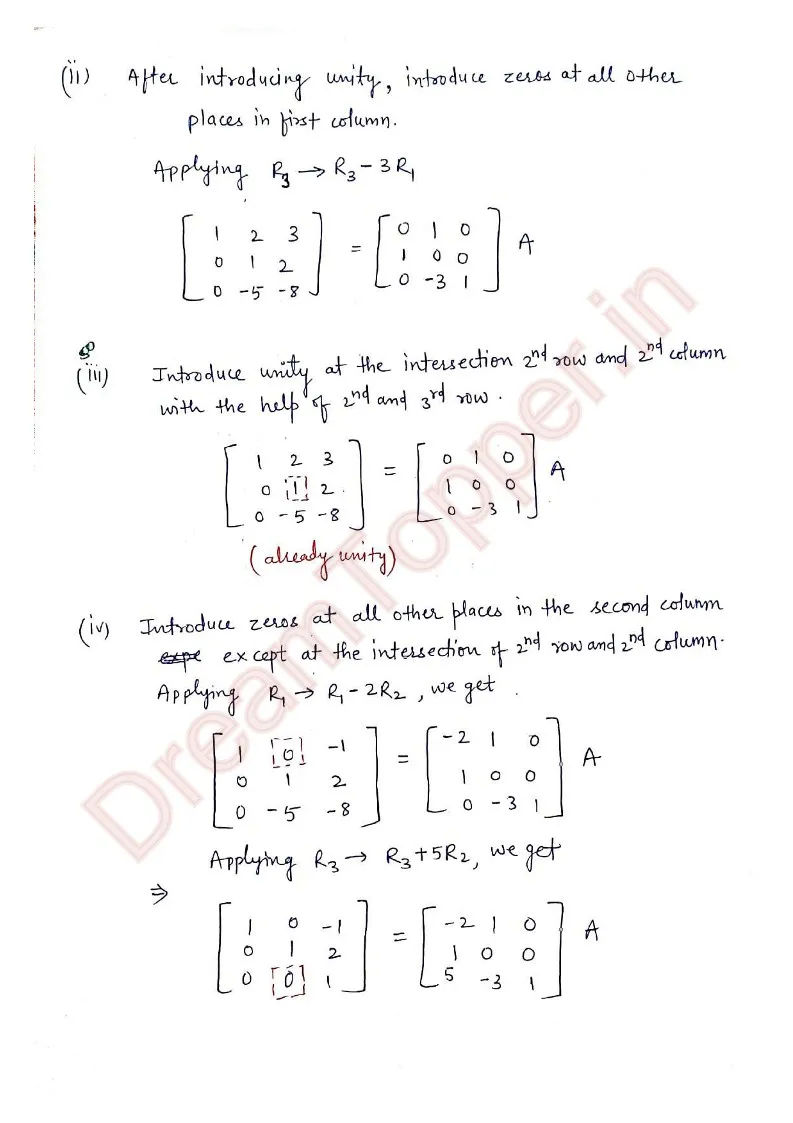
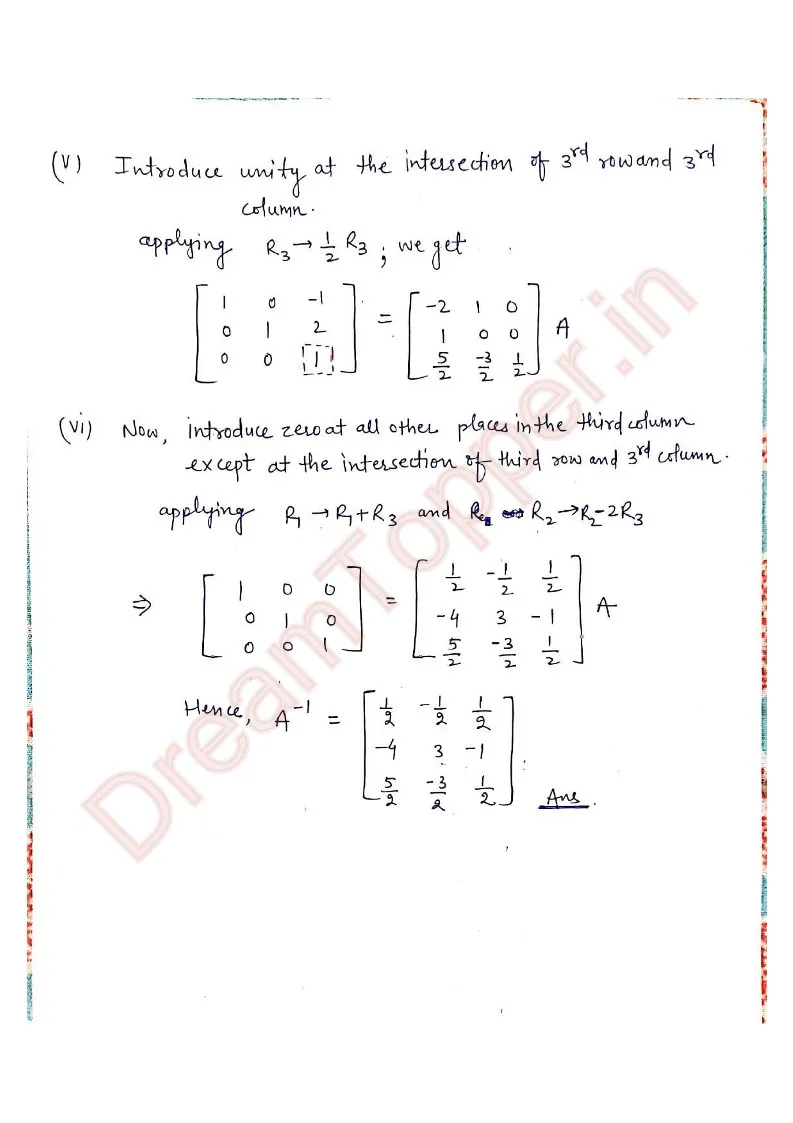
|
|
|||
 |
 |
 |
 |